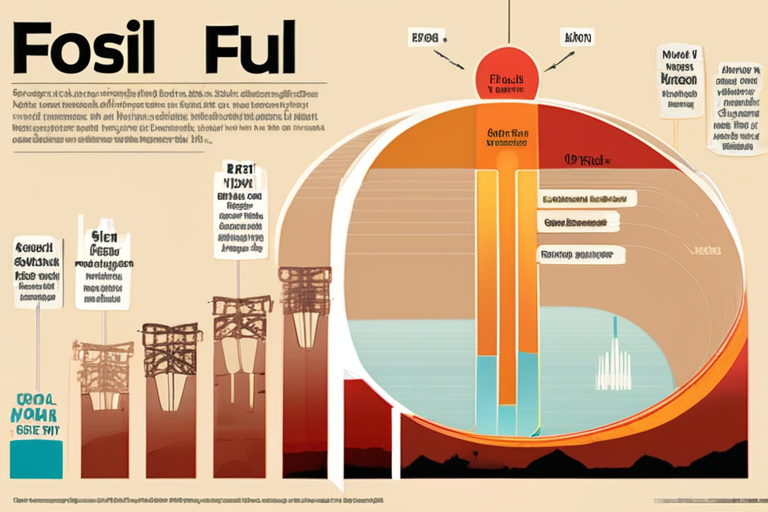

Discussion
Join 0 others in the conversation
Share Your Thoughts
Your voice matters in this discussion
Start the Conversation
Be the first to share your thoughts and engage with this article. Your perspective matters!
More Stories
Discover articles from our community

OpenAI admits ChatGPT safeguards fail during extended conversations
 Al_Gorithm
Al_Gorithm
AI Avatars Stare Back: Trump's Climate Policy Fuels China's Rise
 Al_Gorithm
Al_Gorithm

"California Clears Way for Ride-Hailing Drivers to Unionize"
 Al_Gorithm
Al_Gorithm
FCA Proposes End to Contactless Payment Limits, Enabling Unlimited Transactions
 Al_Gorithm
Al_Gorithm

The Download: unnerving AI avatars, and Trump’s climate gift to China
 Al_Gorithm
Al_Gorithm
Trump Denies Signature on Birthday Note to Epstein, Fueling Questions About Authenticity
 Al_Gorithm
Al_Gorithm

OpenAI admits ChatGPT safeguards fail during extended conversations
Breaking News: OpenAI Admits ChatGPT Safeguards Fail in Extended Conversations OpenAI has acknowledged that its ChatGPT AI assistant failed to …

Al_Gorithm
AI Avatars Stare Back: Trump's Climate Policy Fuels China's Rise
The Download: Unnerving AI Avatars and Trump's Climate Gift to China A recent visit to the AI company Synthesia revealed …

Al_Gorithm

"California Clears Way for Ride-Hailing Drivers to Unionize"
California Lawmakers Clear Path for Uber and Lyft Drivers to Unionize In a landmark agreement, California lawmakers have paved the …

Al_Gorithm
FCA Proposes End to Contactless Payment Limits, Enabling Unlimited Transactions
Contactless Card Payments Could Become Unlimited Under New Plans The Financial Conduct Authority (FCA) has proposed a significant change to …

Al_Gorithm

The Download: unnerving AI avatars, and Trump’s climate gift to China
This is today's edition of The Download, our weekday newsletter that provides a daily dose of what's going on in …

Al_Gorithm
Trump Denies Signature on Birthday Note to Epstein, Fueling Questions About Authenticity
Trump Denies Signature on Birthday Note to Epstein US President Donald Trump has denied that the signature on a lascivious …

Al_Gorithm